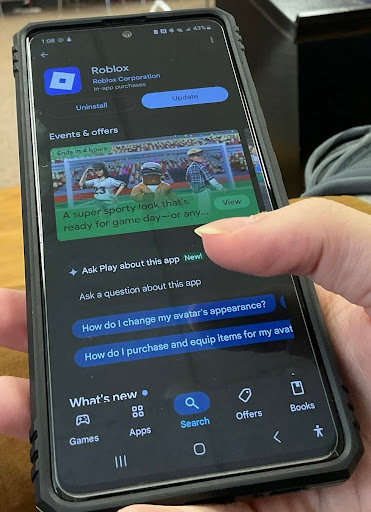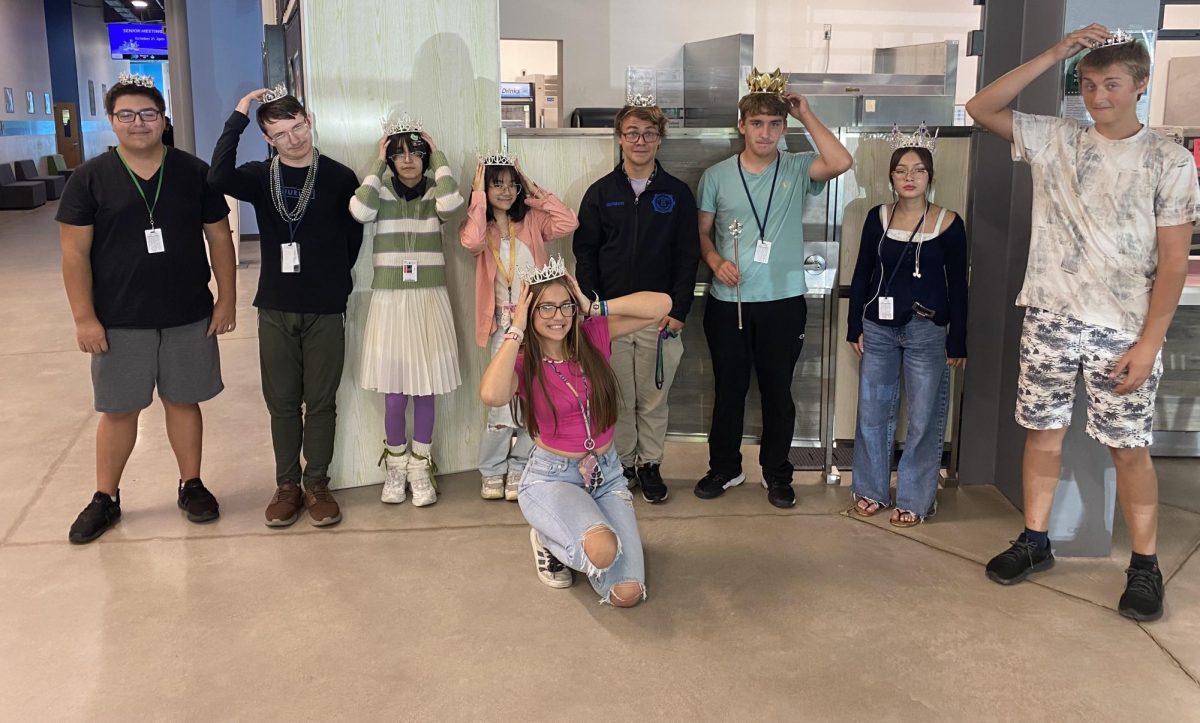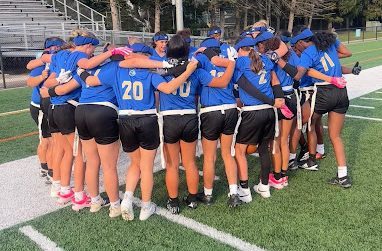Ever play The Name Game? Jim-Jim-Bo-Bim. Bo-na-na-Fanna-fo-fim. Fee-fi-mo -mim…JAMES?
Imagine a kid not being able to be called Jim by teachers any longer without parental permission because of a state-mandated law. It’s true. Indiana has passed its own version of The Name Game–House Enrolled Act 1608–which went into effect this school year, requiring schools to notify parents within five days of their child requesting to be called by anything other than his or her legal name–even when it is merely a shortened version of said name.
Junior Mikaylah Ruble–who would prefer to go by Aspen–reacts strongly to this news. “I personally think the Indiana name law is dumb, because not everyone wants to be called what they were assigned at birth. I guess I take it as a respect thing…so, not being able to be respected is very upsetting. So, yeah, I had a negative reaction to it.”
Ruble goes on to explain: “If they want to be called something different, they must get parent-consent. But,” she adds, “what if they didn’t make it known to their parents?” That, in fact, is at the heart of what the State is addressing. As parent groups become more and more vocal in asserting their rights within the school, the State has chosen to acquiesce for fear of lawsuits. But, in bending over backwards to placate parents, much of their common sense seems to have fallen out of their pockets, as well.
Ruble is not the only student to have become irritated by this new law. Junior Khyri Lancaster has this to say: “The law shouldn’t have been passed, because everyone should have the right to be called whatever they want to be called. I don’t think it’s right…it has affected students in a very bad way.” He continues, “My friend likes to go by a different name, and when the school found out about it, they contacted their parents and they were angry about it. Now the students and teachers are calling them a name that they are completely uncomfortable with.”
While students may be perturbed at the administration for this, one must look at how it affects those administrators, as well. In fact, for each student who wants to be called Jim or Lily or even Petunia, a request by the student’s teacher must be made to the School of Study principal. That principal, then, must call the student’s parent, to determine if the request should be granted or denied. Just imagine the hundreds of calls that each principal has to make! And, the only ones that are of any consequence are the ones denied. Arts & Communications Lead Teacher Mrs. Amy Stine says that the new name law is “significant” to our school. “We have a lot of students who would prefer to use different names—and that has been a challenge for our teachers and administrators, helping students understand why we can’t without parent permission.”
She continues to state, “I think it’s been a learning curve for both students and parents, because in the past, we could use whatever nickname a student wanted to use, and it wasn’t an issue…if I wanted to call a student Nick instead of Nicholas, I could do that. But, now, I have to have permission to do so.” Stine does admit that students have been surprisingly understanding when the law was explained to them but doesn’t know if they have a strong grasp on why it’s a law.
So, maybe it’s time to address just that–as well as the underlying issue of what’s in a name? Why is it that a growing number of people in all age groups prefer a different name than the one given to them by their parents? Maybe that is a conversation worth having. The answers might be as varied as the individuals themselves. After all, this world has room for more voices than just that of Thomas, Richard, and Harold!




















